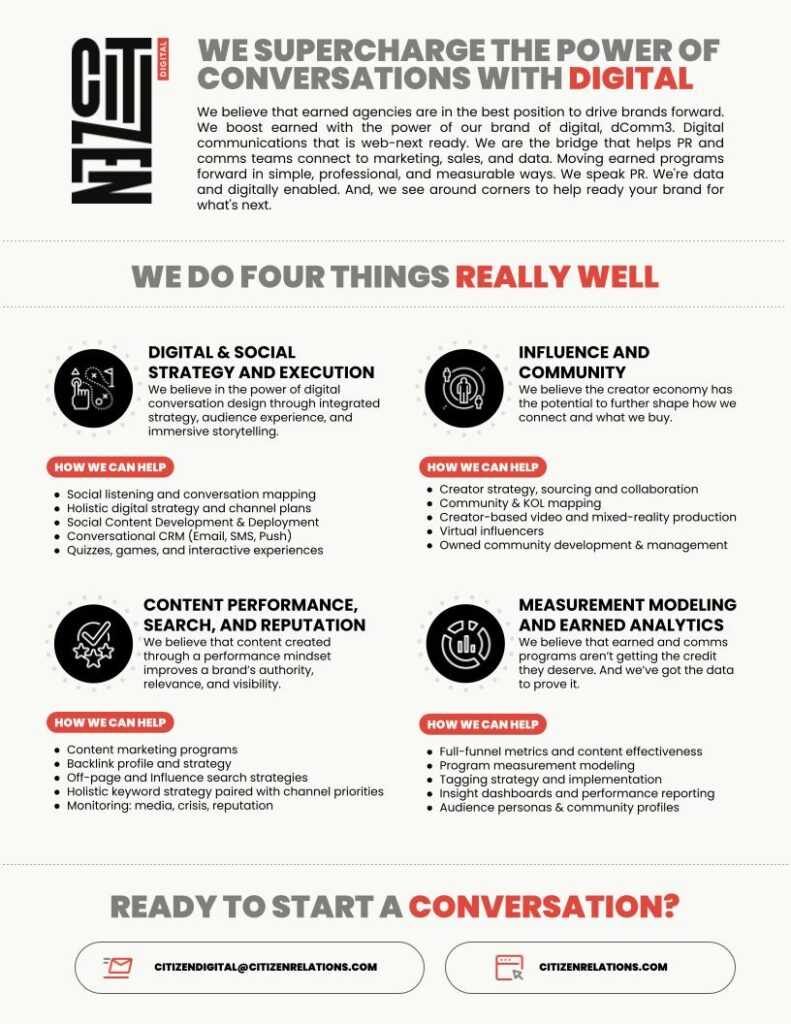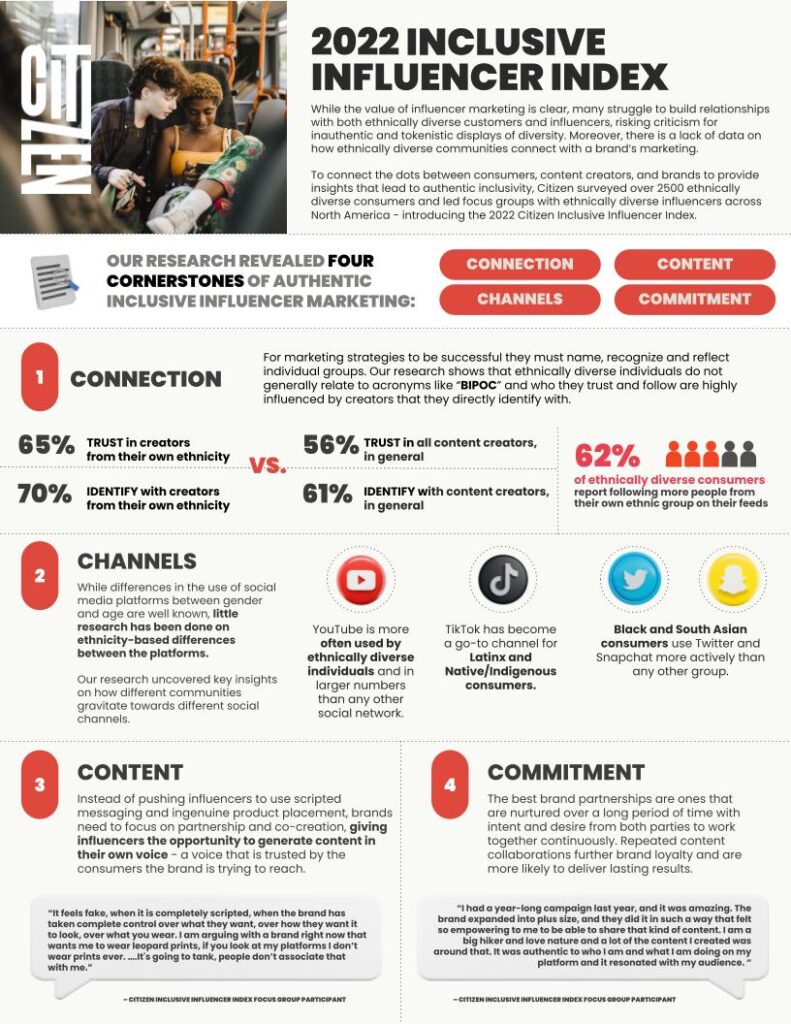Search behaviors have seen unprecedented shifts in the past year. Zero click behaviors and voice search results are continuing to rise. Position 0 content is gaining importance to overall search rankings. Emerging search engines like TikTok and Instagram outpacing Google usage for younger audiences. We think search is the most important thing you should plus-up this year. Are you looking at new search approaches?
Have you looked at your backlink profile recently?
Off-page search and the rise of high-authority backlinks driving quality clicks to your brand website and other owned platforms is a great place to double down and boost your digital ecosystem design. Utilizing influencers and earned media outside of big social and leaning into enduring search optimized content formats like Reddit, forums (i.e. WikiHow, Quora), and YouTube can boost your authority and help you gain share of search.
Maybe it’s time to stop giving all the content to Meta, Google, Twitter, TikTok?
Organic and owned content is making a come-back and hosting your own community, forum, or blog is a great way to not only showcase your brand’s expertise. It not only allows you to build search authority and new entryways to your brand, but also puts you in control of a whole new ream of data about your audience, what they care about, and how they talk.
Are you speaking brand or are you speaking human? And was that written by a robot?
Understanding user intent and utilizing natural language processing (NLP) models can help you identify the white spaces in the search landscape for your brand. The move to develop content that speaks the language of the people and indexes for real search has been supercharged with open-source AI tools like GPT-3, now baked into automated content generation.
At Citizen, we know how to meaningfully engage with our client’s owned and earned communities. We build organic content and linking strategies that drive a halo of highly optimized brand SOV. We can leverage real-time data to help us mine for brand moments, become more relevant, better understand communities and improve a brand’s authority online across search, social, media, and influencer.
Interested in how you can reapproach search this year? Reach out to us at citizendigital@citizenrelations.com to start the conversation.
About The Author:
Cara is a seasoned marketing & technology professional and integrated strategist, with over 15 years of experience. She co-creates, packages, and operationalizes innovative and digital-first marketing capabilities and products.















